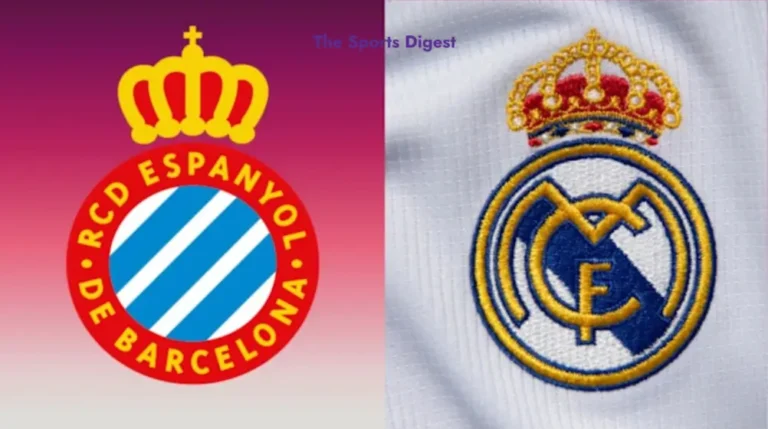Future of Refereeing: Spain’s Upcoming Meeting
Future of Refereeing The Spanish Football Federation is set to hold a crucial meeting next Wednesday at the Ciudad del Fútbol in Las Rozas, where the future of the Spanish refereeing system and the possibility of major reforms will be discussed in depth. This meeting comes as part of the federation’s ongoing efforts to address the increasing concerns over refereeing decisions, which have sparked widespread controversy and criticism from clubs, players, and fans in recent seasons. The discussion will focus on potential changes to enhance transparency, neutrality, and overall fairness in officiating, with various proposals expected to be debated.
Among the notable clubs invited to participate is Real Madrid, which has been vocal about its dissatisfaction with the current system and has repeatedly called for major reforms. Interestingly, Real Madrid was not originally chosen to represent La Liga in this meeting, as the federation had initially invited a select group of clubs. However, in a surprising move, the Spanish Federation extended a special invitation to Real Madrid, acknowledging its influence and concerns regarding the state of refereeing.
This decision reflects an effort to bridge differing viewpoints and engage all stakeholders in shaping the future of Spanish football officiating. The meeting is anticipated to be a turning point in Spanish football, as clubs and officials seek to resolve long-standing issues and restore credibility to the refereeing system.
Table of Contents
Future of Refereeing: Real Madrid Demands Changes
Tensions have recently escalated between Real Madrid and Spanish refereeing authorities, with the club openly expressing its frustration over what it perceives as serious flaws in the current system. The club has been highly critical, describing the refereeing structure as “corrupt and flawed,” and calling for urgent reforms to ensure fairness and transparency. In response to these concerns, Real Madrid sent an official letter to both the Spanish Federation and the Higher Sports Council, demanding a comprehensive overhaul of the Refereeing Committee.
This bold move did not go unnoticed, as La Liga reacted by filing a formal complaint against the club, accusing it of attempting to undermine the credibility of the league. Additionally, several clubs, including Sevilla, voiced their discontent with Real Madrid’s strong stance, believing that such criticism could damage the reputation of Spanish football. La Liga president Javier Tebas further fueled the controversy by stating that Real Madrid’s position was merely “an attempt to harm the competition” rather than a genuine call for improvement.
Future of Refereeing: Separating the Refereeing Committee
The meeting agenda includes a crucial discussion on a proposal to separate the Refereeing Committee from the Spanish Football Federation and establish it as an independent entity to ensure greater neutrality and reduce potential conflicts of interest. This proposal has garnered significant support from La Liga, which believes that an independent body would enhance credibility and fairness in refereeing decisions. However, the plan may face legal obstacles due to existing Spanish sports laws, which currently tie the committee to the federation’s structure.
In addition to this, the meeting will also address ways to improve transparency in the promotion and demotion of referees, ensuring that performance, rather than subjective factors, determines career progression. Another key issue on the table is the mechanism for assigning referees to matches, a process that has frequently been at the center of controversy and accusations of bias. By tackling these challenges, the federation hopes to restore trust in the refereeing system and create a fairer environment for all clubs.
Future of Refereeing: Enhancing Competitions & TV Rights
Future of Refereeing: Beyond refereeing matters, the meeting will also explore various strategies to enhance the overall competition system in Spanish football, aiming to increase both its financial value and global appeal. One of the key topics on the agenda is the possibility of collectively reselling La Liga and Copa del Rey broadcasting rights, a move that could generate higher revenues and ensure a more balanced distribution among clubs.
Additionally, discussions will focus on implementing a geographical distribution system for the early rounds of the Copa del Rey, which would help promote the tournament across different regions and boost local fan engagement. Women’s football will also receive attention, with plans to enhance the marketing and visibility of major tournaments such as the Copa de la Reina and the Spanish Super Cup. Among the proposed ideas is the potential hosting of these competitions in Saudi Arabia, a decision that could attract lucrative sponsorship deals and further internationalize Spanish football.
Have you ever read an article like this?
There are no reviews yet. Be the first one to write one.






